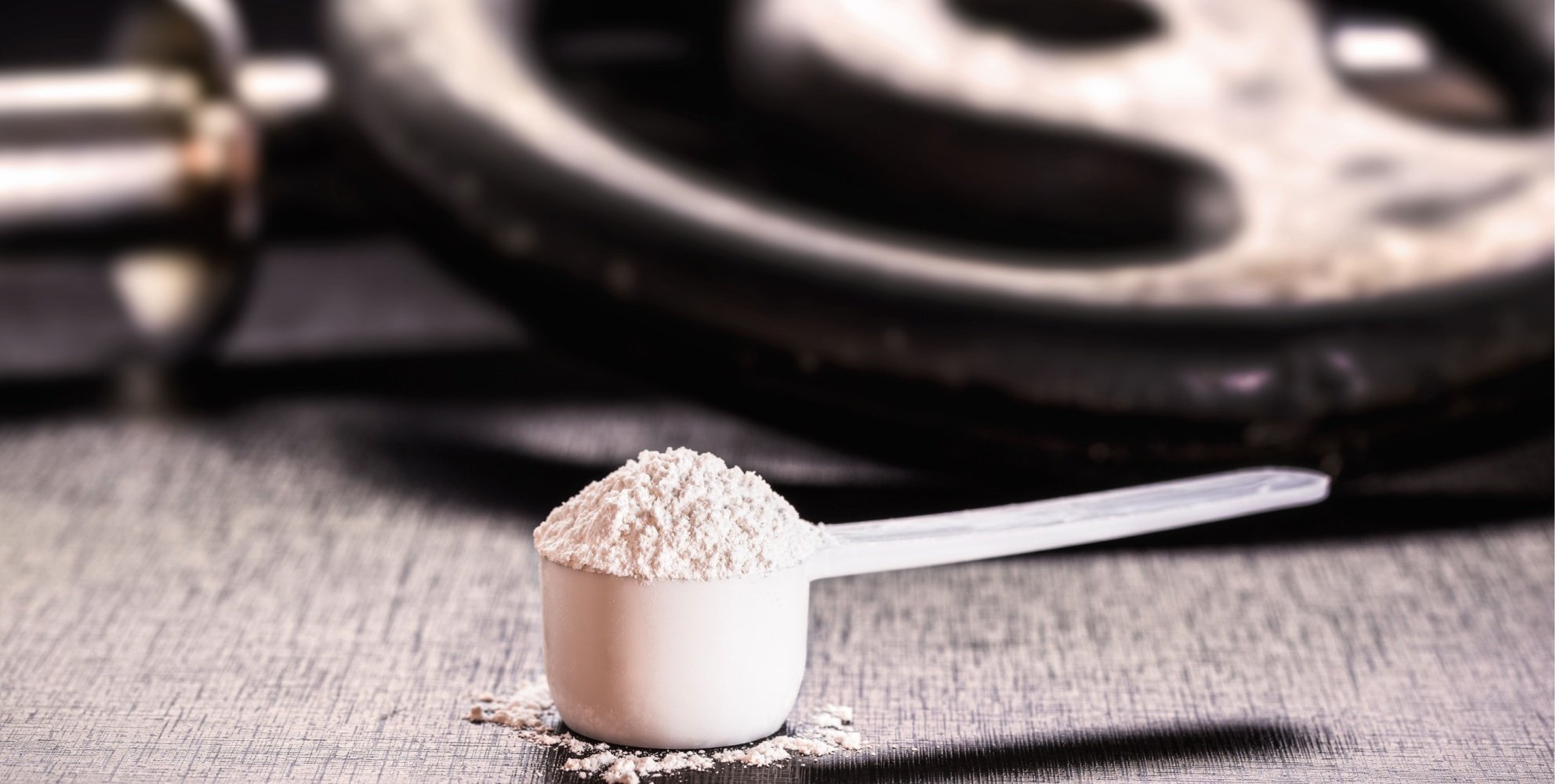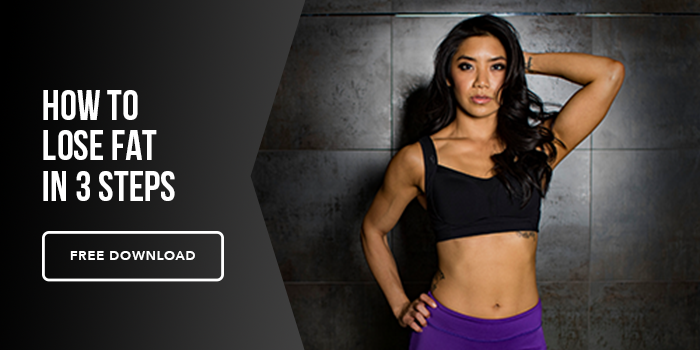There’s a lot of talk about creatine. Enough to make you wonder if it’s a miracle powder or just another overpriced scoop of optimism.
Let’s start with a study that’s been fueling the debate lately.
The 12-Week Creatine Study Everyone’s Misunderstanding
In a recent 12-week trial, participants followed a resistance training program while taking either creatine or placebo.
Here’s what happened:
-
In the first week, the creatine group gained about one pound of lean mass.
-
After that? Both groups made similar progress in strength and size.
Cue the internet panic: “Wait… does that mean creatine doesn’t work?”
Not quite. It means creatine works exactly the way we’ve always known it does — and that’s what this study actually confirms.
What the Latest Research Really Says
The study doesn’t debunk creatine — it just confirms what we already knew:
-
The initial weight gain is from water inside your muscles
-
That water supports strength, size, and performance
-
Long-term, creatine still helps — even if the results aren’t as dramatic as week one
This isn’t a letdown. It’s a reality check.
Creatine’s Real Superpower: Cell Hydration
That early bump in lean mass? It’s water. But not just water weight in the way people panic about after eating salty ramen.
Creatine pulls water into your muscle cells, which increases cellular hydration, improves performance, and gives you that coveted “full” look. This shift happens fast — usually within the first few days — and becomes your new baseline.
"It’s Just Water Weight" — And That’s a Good Thing
Critics love to say creatine just makes you puffy. But here’s the truth: that "puff" is muscle cell hydration, not subcutaneous bloat.
And hydrated muscle cells?
They perform better.
Recover faster.
Grow more efficiently.
So yeah, if you’re gaining a pound of lean mass in a week without changing anything else, and that pound contributes to better lifts, better pumps, and better performance — why exactly is that a problem?
Myth: Creatine Only Works for Some People
There’s this lingering idea that creatine is “hit or miss.” But research tells a different story.
Yes, some people respond more dramatically. Genetics, baseline creatine levels, and muscle fiber types all play a role. But most people benefit — even if the effects are subtle.
Besides, let’s not ignore the mountains of anecdotal evidence: from elite athletes to 6 a.m. lifters who just want to get a little more out of their sessions, the verdict is overwhelmingly positive.
Myth: You Need a Fancy Version
Nope.
Stick with plain creatine monohydrate. It’s cheap, effective, and supported by decades of research. All those newer, flashier versions? No proven advantage.
Dosing is simple:
-
5 grams daily
-
If it upsets your stomach, split it into two 2.5g doses (morning + night)
-
No need to “load” unless you're in a rush to saturate your muscles
And yes — you can take it with or without food, before or after training. Creatine isn’t that high maintenance.
What About Cognitive Benefits?
Strength and size usually steal the spotlight, but creatine’s benefits may go beyond biceps.
Emerging research suggests creatine can support cognitive performance, especially under mentally demanding conditions like sleep deprivation or stress. Since the brain also uses creatine for energy, this isn’t too surprising — but it’s worth noting for anyone who cares about their brain as much as their body.
So – is creatine a nootropic? Not officially. But if you're trying to think clearer while training harder, it’s a nice bonus.
Final Myth: Creatine Is Only for “Serious Lifters”
This one might be the most persistent — and the most limiting.
You don’t need to deadlift 500 pounds or train six days a week to benefit from creatine. In fact, research has shown its benefits in older adults, vegetarians (who tend to have lower baseline creatine levels), and even people undergoing rehab.
Creatine isn’t just for maxing out your squat. It’s for preserving lean mass, improving recovery, and supporting performance — goals that matter whether you're training for a meet or just trying to not tweak your back lifting a suitcase.
Bottom Line: Creatine Still Earns Its Spot
If you’re looking for a supplement that works, creatine is one of the few that actually deserves its hype. It’s not magic, and it won’t turn you into a D1 athlete overnight, but it’s effective, well-researched, and dirt cheap compared to most things in your cabinet.
One pound of extra lean mass in a week?
That’s not a myth.
That’s a head start.






